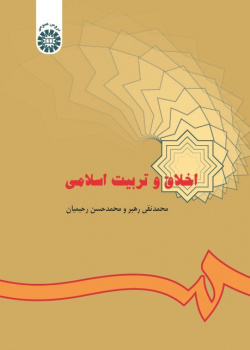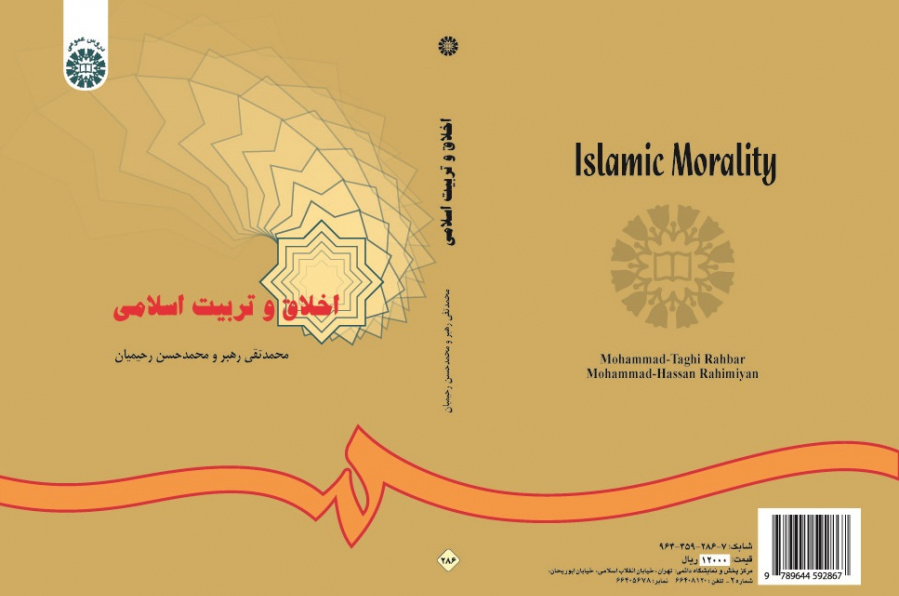

Islamic Morality
Developing ethical attributes has been one of the most important goals of the prophets which at the end seek to direct humankind on the path of Perfection, the final cause of Creation. Islamic morality, with its distinguished trait and sublime dimension guarantees the felicity of humankind in all domains and provides the perfection-seekers with their required provision. Therefore, it is indispensible to be schooled in it and put it into practice by dint of a logical method within the framework of educational programs.
This book, following Quranic method, has been composed in a way to be used for educational purposes. In the first chapter (The Outline), the definition as well as the subject matter of morality in addition to concepts related to it are discussed. It also clarifies the correlations between ethics and discipline, on the one hand, and the felicity of humankind, on the other. In the next seven chapters, the subtopics of morality such as homology, the truth of discipline, bases, goals, principles, aspects, methods, phases and the environment of discipline are explained. After clarifying the goals, principles, regulations and standards which are observed in Islamic educational system and which determine the criteria of moral values will be probed into. Afterwards, the various aspects of education in material, spiritual, intellectual, emotional, ethical, mystical, private and social spheres will be discussed. Finally, in the closing chapters of the book the methods, approaches and phases to reach the highest ethical norms are explained.
Compiled for all the university students as a textbook for the course “Islamic Morality”, this book, following Quranic method, has been composed in a way to be used for educational purposes.





